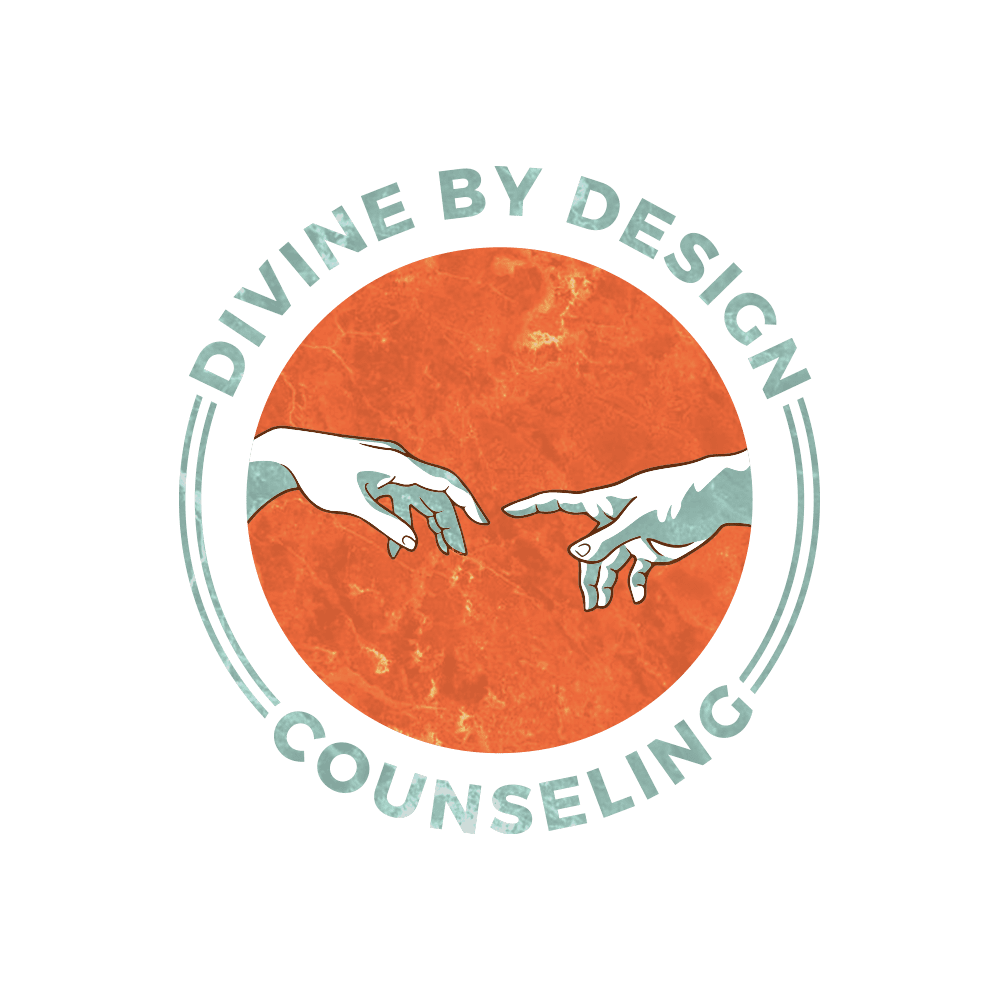Taking Responsibility for Yourself
During this lockdown season of life, many have taken this opportunity to evaluate and make changes in their life. Changes that include eating healthier, spending more quality time with friends and family, making better use of your time, and evaluating your relationships and who you spend time with. It’s safe to say that many of the changes involve relationships; getting rid of the toxicity and investing in ways that have healthier outcomes. Our relationships have the greatest influence on our lives. Who we spend time with matters as it helps to shape our outlook, our values, and beliefs, and they either give us life or suck the life out of us. But one truth remains, in all of this, we are responsible for ourselves as individuals. If changes are to take place, it starts with you. Taking personal responsibility is the bedrock for experiencing healthy relationships. Responsibility is defined as “the ability to respond instead of react.” The lines become blurred when we respond out of a sense of responsibility for versus to. We cannot control other people, we can only control ourselves.
Distorted Thinking
Growing up in a Christian environment, “dying to self,” took on a very distorted meaning. It was very “unchristian” and “selfish” to put yourself before others. It was better to take responsibility for and do for others than it was to do what was best for yourself. Sound familiar? Unfortunately, what happens is, we lose track of ourselves and get entangled in other people’s lives thinking we are somehow responsible to keep them on even ground, to make their life easier, to do everything right so they will be in a good mood and the list goes on. This teaching hinged on loving God and loving your neighbor as yourself. I think the point was missed. If we love ourselves as God loves us, then we will love others with God’s love, which isn’t selfish at all. But I digress.
We also can learn these patterns of behavior in homes where perfectionism was rewarded and anything less was seen as a failure or the family dynamics were centered on keeping a member of the family happy because their moods could erupt at the drop of a hat. These subtle nuances gave us a very loud and clear message: I am responsible for others and their happiness. Thus walking on eggshells becomes a way of life and we become subjected to the moods and approval of others. Falling short in this area, toxic guilt ensues. Put simply, toxic guilt is when we experience guilt without having done anything wrong. The thought of taking responsibility for yourself and not others seems incomprehensible. It can be so subtly submerged in your subconscious, you may not even be aware it’s happening.
Give yourself a test: How do you respond if a loved one is unhappy?
- Do you experience anxiety or fear?
- Do you assume it’s your fault?
- Do you automatically react by moving into action to accommodate?
- Do you do everything you can to change their mood?
If you answered “yes” to these questions, you live in a reactive trap of responsibility for.
Clarifying Relational Responsibility
So what does it look like to be responsible to someone, but not responsible for someone? We are basically responsible for ourselves; we are the only person who we can control. We are responsible for our own behaviors, emotions, feelings, attitudes, and choices, our own limits, thinking, values, and desires and the things we love. We are also responsible for our own triggers. All of these lives in our hearts. Prov. 4:23 reminds us to “guard your heart, for all issues of life flow from it.” It’s our responsibility to make sure these areas are working well. We are responsible to people by responding in a way that is the most loving, honest, and growth response that we can. Ephesians 4:15 encourages us to “remain strong and always sincere in our love as we express the truth.”
Contrary to popular belief, we are not helping our friends or family members by allowing their out-of-control behavior to continue as we pretend we are unaffected by it. An honest and loving response would be to communicate with the other person how their behavior is affecting you and then deciding what to do about it. Sometimes it requires that we remove ourselves from their presence when they’re erupting, drawing a line in the sand through consequences or helping them with resources. We are all familiar with the saying, “We can lead a horse to water but we can’t make him drink.” It’s never a loving choice to do the work for others when they can do it for themselves. Nor is it healthy to work harder than they do. That’s being responsible for. Encouraging them in their journey is being responsible to.
There are specific steps that you can take to make healthy changes in your relationships. Be aware when transitioning from for versus to, it will cause a disruption in the dynamics and it might be messy or cause anger in the other person. Good communication is key. Healthy relationships will weather the change and unhealthy ones will not.
Implement these steps in your transition:
- Identify relationships in which you feel responsible for their happiness or life.
- Name how you are exhibiting responsibility for behavior versus responsibility to.
- Speak your truth in love as the situations arise. “Hey, I want to be in a relationship with you, but this is an issue…”
- Claim your territory. “I am willing to help you get the help you need but I can no longer partner with you in this, this is your responsibility to fix.”
- Brace for the storm. Ask a trusted friend (or a counselor) to walk through this with you. If you are new to this, you may feel very selfish and mean. You are changing the dynamics of the relationship; some will stay and some will go. It’s okay if it feels scary.
Engaging in healthy relationships is the best gift that we can give ourselves and others. It takes work, honesty, and authenticity. You will experience the freedom to be yourself, continued growth, healing, and a greater capacity to face life’s difficulties.
If you need some help navigating difficulty in your relationships, I would be happy to walk with you through this journey. Book an appointment with me, you will be glad you did!






0 Comments